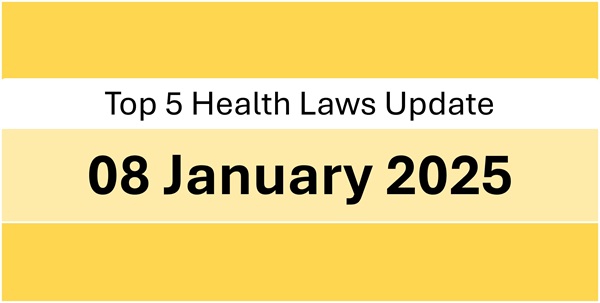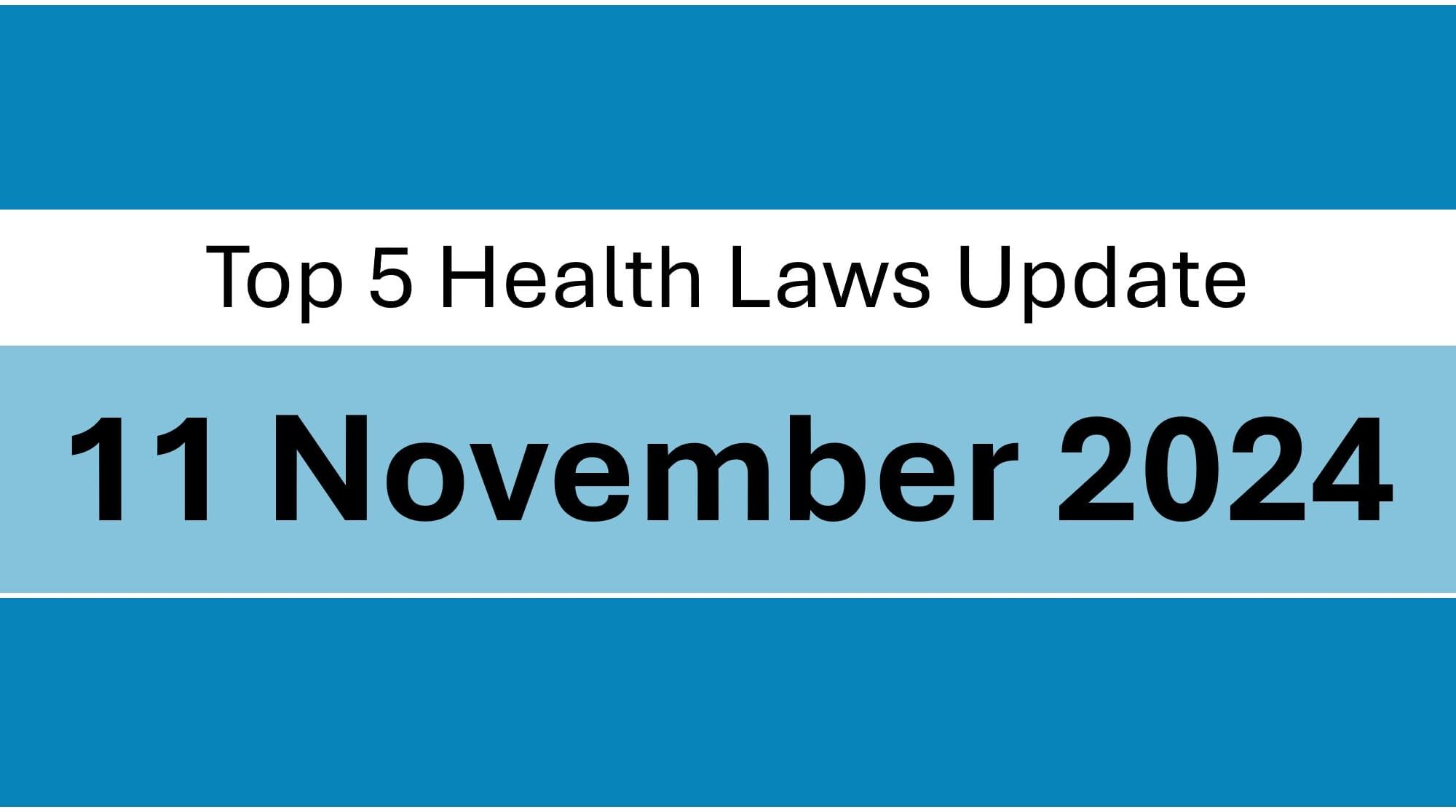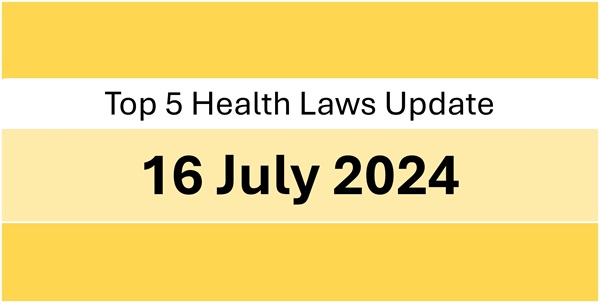The Consumer Protection
Act, 2019 (“New Act”) heralds the
beginning of a new era of consumer rights in India that are in sync with
new-age consumer expectations. It carries forward the rich legacy of The Consumer
Protection Act, 1986 (“Act”) that was considered path-breaking at the
time of its enactment, but which was unable to meet the challenges of a rapidly
growing, sophisticated and inter-dependent market for goods and services.
Key Highlights of the New Act-
Establishment of Central Consumer Protection Authority: The New Act will establish a new regulatory authority known as the Central Consumer Protection Authority (“Central Authority”), which will have wide powers of investigation including the power of search and seizure. The CCPA will have an investigation wing, headed by a Director-General, which may conduct inquiry or investigation into violation of consumer rights or unfair trade practices (much like the MRTP Commission under erstwhile Monopolies and Restrictive Trade Practices Act, 1969 that had powers to investigate monopolistic or restrictive trade practice).
The Central Authority has
been granted wide powers to take suo-moto actions, recall products, order
reimbursement of the price of goods/services and file class-action suits if a
consumer complaint affects more than 1 (one) individual.
Product Liability: The New Act has formally introduced the concept of product liability and brought within its fold not just the product manufacturer and product service provider but the product seller as well. A ‘product seller’ is such a person who is involved in placing the product in the market for a commercial purpose (e.g. brand owner). A product liability action for compensation can now be formally made on grounds of defectiveness of good or deficiency of services that has caused harm to a person or his/her property on grounds. The scope of defect and deficiency has been expanded to include non-conformance to express warranty or specifications, design defect, failure to provide adequate instructions or warnings to prevent any harm etc. Certain exceptions have been provided under the New Act from product liability actions, such as, that the product seller will not be liable where the product has been misused, altered or modified.
Unfair Contracts: Following international jurisprudence, the New Act introduces a unique provision that safeguards consumers against unfair contracts by declaring them to be illegal. An unfair contract covers contracts between manufacturer/ trader and a consumer that causes significant changes in the rights of the consumer that the New Act explicitly recognizes, such as by way of – imposing unreasonable obligation or condition on the consumer which puts consumer to disadvantage; reserving right to unilateral termination (without reasonable cause) or assignment without consent (which is to the detriment of the consumer) in the contract; imposing a penalty for breach which is disproportionate to loss caused etc.
Unfair Trade Practices: The New Act introduces a broader definition of Unfair Trade Practices, which also includes sharing of personal information given by the consumer in confidence, unless such disclosure is made in accordance with the provisions of any other law. The New Act empowers the Central Authority and Consumer Commission (i.e. the judicial fora) to order the perpetrator of such practice to discontinue it.
Penalties for Misleading Advertisement: The New Act introduces, for the first time, a definition of misleading advertisement. It covers false description and guarantee of a product or services. It also covers information that was deliberately concealed from the consumer. If a misleading advertisement is found to be prejudicial to the interest of consumers, then the Central Authority may impose a penalty of up to INR 1,000,000 (Indian Rupees One Million) on a manufacturer. Separately, the New Act has made it a criminal offence to publish false or misleading advertisement for manufacturers and services providers. If found guilty, they could be sentenced to imprisonment for up to 2 (two) years.
Celebrity Endorsement: The New Act fixes liability on endorsers considering that there have been numerous instances in the recent past where consumers have fallen prey to unfair trade practices under the influence of celebrities acting as brand ambassadors. In such cases, it becomes important for the endorser to take the onus and exercise due diligence to verify the veracity of the claims made in the advertisement to refute liability claims. If a misleading advertisement is found to be prejudicial to the interest of consumers, then the Central Authority may impose a penalty of up to INR 1,000,000 (Indian Rupees One Million) on the endorser as well. The Central Authority can also prohibit the endorser of a misleading advertisement from endorsing that particular product or service for a period of up to 1 (one) year. For every subsequent offence, the period of prohibition may extend to 3 (three) years.
E-Commerce Transactions Covered: The New Act has widened the definition of ‘consumer’. The definition now includes any person who buys any goods, whether through offline or online transactions, electronic means, teleshopping, direct selling or multi-level marketing. The earlier Act did not specifically include e-commerce transactions.
Enhancement of Pecuniary Jurisdiction: Like the previous Act, there are three fora for consumer grievance redressal: The District Commission, State Commissioner and National Commission. Each for a has been given a pecuniary limit to entertain consumer complaints. These limits are far higher than the limits set by the previous Act. The District Commission (earlier referred to as District Forum) can now entertain consumer complaints where the value of goods or services paid does not exceed INR 10,000,000 (Indian Rupees Ten Million). The State Commission can entertain disputes where such value exceeds INR 10,000,000 (Indian Rupees Ten Million) but does not exceed INR 100,000,000 (Indian Rupees One Hundred Million), and the National Commission can exercise jurisdiction where such value exceeds INR 100,000,000 (INR One Hundred Million).
E-Filing of Complaints: The New Act provides flexibility to the consumer to file complaints with the jurisdictional consumer forum located at the place of residence or work of the consumer. This is not an option under the previous Act, which mandated filing of the complaint at the place of work or business of the opposite party. The New Act also contains enabling provisions for consumers to file complaints electronically and for hearing and/or examining parties through video-conferencing. This should reduce inconvenience for the consumers, especially the ones who are physically challenged due to ill-health or old age.
Provision for Alternate Dispute Resolution: The New Act provides for mediation as an alternate dispute resolution mechanism, making the process of dispute adjudication simpler and quicker. This will help speedier resolution of disputes and reduce pressure on consumer courts.
Date of enforcement: The New Act has been notified on August 9 2019. It will replace the Consumer Protection Act, 1986 when enforced. The date of the enforcement of New Act 2019 has yet not been announced, but is expected soon.
With the New Act becoming
law of the land, gone are the days of ‘Buyers
beware’. The consumer is now the king, not just in business but also in law.
Hence, it is important for FMCG, E-retailers and Celebrity Endorsers to be
cognizant of the provisions of the New Act. All businesses must pull up their
socks and amend their business practices and contracts to meet the expectations
of the New Act, so that they do not find themselves caught on the wrong side of
the law when then New Act is enforced.




